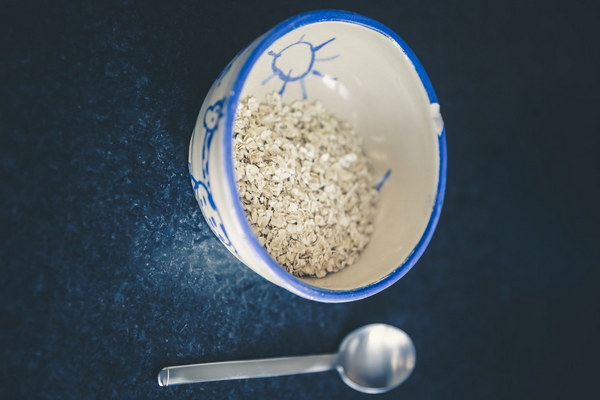The Ultimate Guide to Wellness How to Maintain Health at 45
As men reach the age of 45, it becomes increasingly important to prioritize their health and well-being. This period in life is often referred to as the midlife crisis, but it can also be a time of personal growth and development. In this article, we will discuss the key aspects of maintaining a healthy lifestyle at 45 and beyond.
1. Regular Exercise
Exercise is crucial for maintaining physical and mental health. At 45, it is essential to incorporate a mix of cardiovascular, strength, and flexibility training into your routine. Aim for at least 150 minutes of moderate-intensity aerobic exercise or 75 minutes of vigorous aerobic exercise each week, along with muscle-strengthening activities on two or more days a week.
2. Balanced Diet
A balanced diet is essential for providing the necessary nutrients and energy to maintain good health. Focus on consuming a variety of fruits, vegetables, whole grains, lean proteins, and healthy fats. Avoid excessive intake of processed foods, sugary drinks, and saturated fats. Remember to stay hydrated by drinking plenty of water throughout the day.
3. Adequate Sleep
Quality sleep is essential for overall health and well-being. Aim for 7-9 hours of quality sleep each night. Establish a consistent sleep schedule by going to bed and waking up at the same time every day. Create a relaxing bedtime routine to help you wind down, such as reading a book, taking a warm bath, or practicing meditation.
4. Stress Management

Stress can have a significant impact on your health, so it is essential to find ways to manage it effectively. Engage in activities that help you relax and reduce stress, such as yoga, mindfulness meditation, or spending time with loved ones. If stress becomes overwhelming, consider seeking support from a mental health professional.
5. Regular Health Check-ups
Regular health check-ups are essential for detecting and treating any potential health issues early on. At 45, it is important to schedule annual appointments with your primary care physician to monitor your blood pressure, cholesterol levels, and other vital signs. Additionally, discuss any concerns or risk factors you may have with your doctor.
6. Healthy Habits
Developing and maintaining healthy habits is crucial for long-term health. Some examples include:
- Quitting smoking and reducing alcohol consumption
- Limiting exposure to harmful substances, such as pesticides and pollutants
- Practicing safe sex to prevent the spread of sexually transmitted infections
7. Mental Health
Maintaining good mental health is just as important as physical health. Engage in activities that promote mental well-being, such as socializing with friends and family, pursuing hobbies, and staying connected to the community.
In conclusion, maintaining a healthy lifestyle at 45 is essential for long-term well-being. By incorporating regular exercise, a balanced diet, adequate sleep, stress management, and regular health check-ups into your daily routine, you can help ensure a healthy and fulfilling life in the years to come. Remember to prioritize your mental health, develop healthy habits, and seek professional support when needed. With these strategies, you can navigate the challenges of midlife with confidence and vitality.









